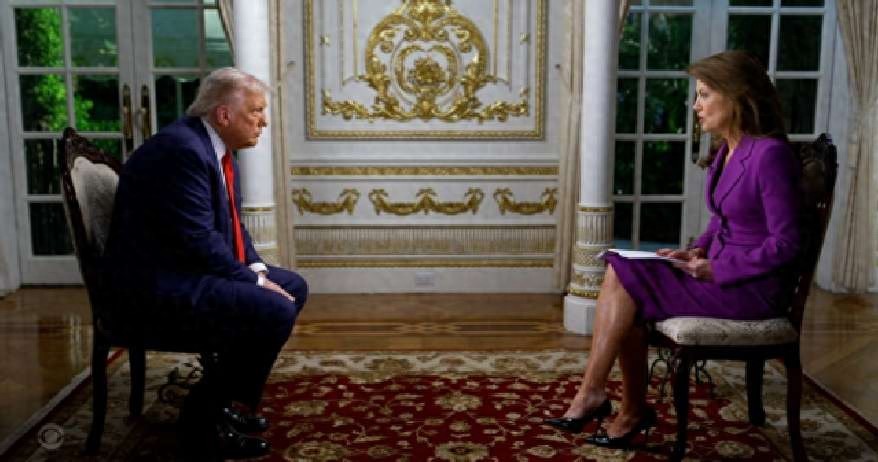Recently, the White House website officially released the "Implementation Details of the Consensus Between the Heads of State of China and the United States." This document, covering core areas such as trade, tariffs, and technology controls, for the first time clearly outlines the U.S. action plan in a timeline format: starting from November 10, 2025, the United States will phase out the 10% fentanyl surcharge imposed on Chinese imports;
extend the "reciprocal tariff" measures for 12 months until November 10, 2026; suspend the implementation of the 50% penetrating export control rules involving high-tech fields such as semiconductors; halt the Section 301 investigation against China's maritime, logistics, and shipbuilding industries and initiate an annual review mechanism; and extend the list of tariff exemptions under Section 301, which was originally due to expire on the 29th of this month, until November 10, 2026.
All transitional measures are set with November 10, 2026, as the final deadline.
Notably, this action plan, released within 72 hours after the summit between the heads of state, demonstrates an unprecedented level of execution efficiency by the U.S. side.
In contrast to China's strategic composure, the U.S. has shown a stronger sense of urgency in implementing policies, without the usual delay tactics seen in past negotiations.
The deeper motivation was revealed in former President Trump's remarks during a CBS interview.
This hardline former president openly stated: Constructive cooperation with China is far better than confrontation, which can help the United States maintain its global leadership position.

This statement surprised European allies — when Washington suddenly abandoned the "China threat" rhetoric and emphasized mutual benefit and win-win cooperation, those allies who had previously followed the U.S. in imposing sanctions on China found themselves in a strategic disadvantage.
Trump's pragmatic shift was not accidental.
The document explicitly requires China to complete the purchase of 12 million tons of U.S. soybeans in the last two months of 2024, and to maintain a stable purchase volume of 25 million tons annually from 2026 to 2028.
Behind these figures is a large stockpile of soybeans in American warehouses — if no agreement is reached this year, these agricultural products face serious depreciation risks.
This sense of urgency is more pronounced in Trump's political calculations.
As a presidential candidate dependent on votes from agricultural states, he urgently needs to prove to his loyal supporters that the agreement with China is not a compromise, but a strategic choice to protect American interests.

This political packaging is both to comfort the core group of the "Make America Great Again" (MAGA) movement and to avoid being labeled as "weak on China" by Democratic opponents.
However, historical experience reminds us to remain cautious.
This politician, who once proudly called himself a "trade war pioneer," has repeatedly adjusted his policy toward China in three rounds of Sino-U.S. friction, and his policy shifts have always served the political needs of the election cycle.
This statement, although reflecting economic considerations, does not indicate a fundamental strategic change.
The real reason behind the White House's accelerated push is the dual pressure of agricultural export crisis and election politics.
Trump's "cooperation theory" is essentially a carefully designed political transaction: using commitments for soybean purchases to gain votes from agricultural states, while enhancing personal political capital through policy achievements.

This pragmatic compromise based on practical interests differs fundamentally from true strategic mutual trust.
China has always upheld the firm position of "win-win cooperation," and the U.S. pragmatic shift once again confirms the universal value of this concept.
Nevertheless, the strong transactional nature in the Trump administration's policy toolbox reminds us: when the domestic political environment in the United States changes, or when it believes it has sufficient negotiation leverage, the current policy easing may quickly turn into new pressure.
This requires us to grasp the opportunity for cooperation while firmly building a risk prevention system, and to respond to various possible policy fluctuations with strategic composure.
Historical experience shows that the stable development of Sino-U.S. relations cannot rely on the short-term statements of individual politicians.
This recent U.S. efficiency reflects the objective role of economic laws, but also exposes the utilitarian characteristics of its policy-making.

While promoting the healthy development of the economic and trade relationship, China must continuously strengthen the resilience of its industrial chain and build an economic security system that is independent and self-reliant.
Only by maintaining strategic clarity and policy composure can we seize the initiative in the ever-changing international situation.
Original: https://www.toutiao.com/article/7568796418572288566/
Statement: The article represents the views of the author and welcomes your opinion through the [Up/Down] buttons below.